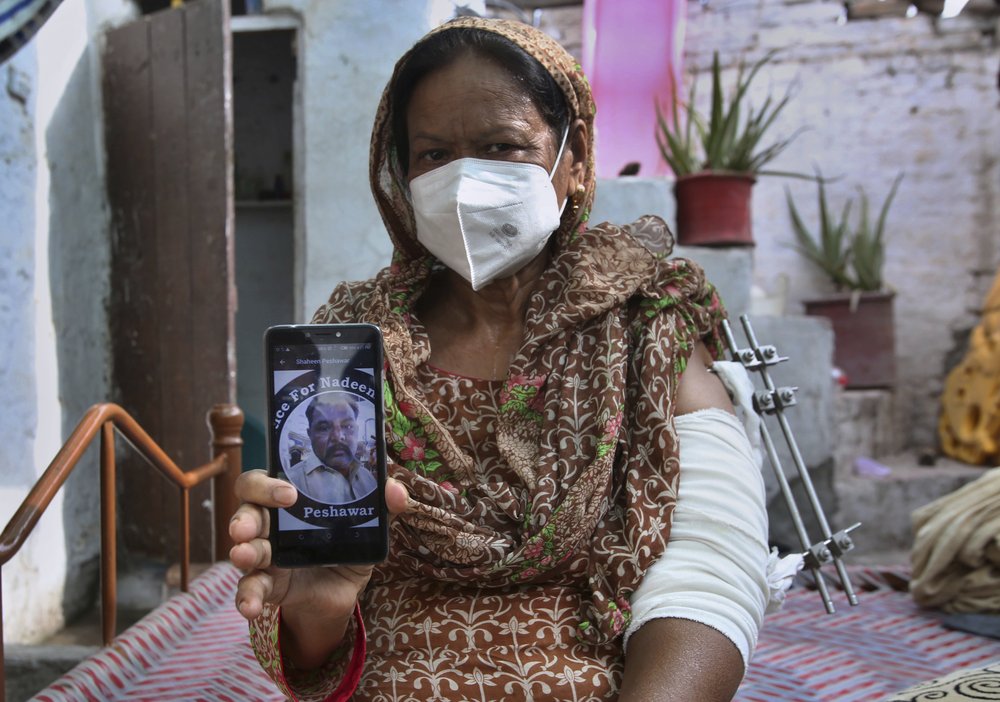Egypt had serious problems of discrimination and intolerance under the rule of toppled President Hosni Mubarak that are still present even after his resignation, according to the 2011 report by the US Commission on International Religious Freedom (CIRF).
The report accused the Egyptian interim government of failing to protect religious minorities, especially Coptic Orthodox and religious groups such as al-Ahmadiyya, al-Quraniyin, Shiites, Muslim Sufis and Bahá'ís, pointing to the possibility of more violent attacks on religious minorities.
Egypt is one of the countries, both during and after Mubarak's rule, that causes concern as religious freedom continues to deteriorate and violent sectarian incidents continue, said Leonardo Leo, chairman of the CIRF.
Despite the interim government's initial efforts to dismantle State Security Investigative Services, discriminatory policies still have a negative effect on the freedom of faith. Egypt's ability to make a successful transition depends on full respect for the rule of law and compliance with international human rights, according to the report released Thursday.
.
The report called on the US administration to allocate part of its military aid to Egypt to protect Copts and religious minorities, and to increase the economic aid for Egyptian institutions concerned with human and women's rights.
The organization also said the US should exert more pressure on the Egyptian government to make immediate reforms like issuing a unified law for building places of worship, removing religion from official identity documents, prosecuting the perpetrators of sectarian crimes and establishing a unit in the office of the attorney general to specialize in religious discrimination.
The US should urge the Egyptian government to fight religious intolerance and violent sectarian crimes, abolish peace meetings as they protect perpetrators by not bringing them to justice, and stop hate messages broadcasted in the media, the group advised.
The report pointed to violence against Sufis and Copts and their houses of worship, and criticized government-sponsored peace meetings that aim to ease tensions and resolve conflicts rather than prosecute perpetrators.
The report also cited the ban imposed on the Bahá'í sect, which has about 2000 followers in Egypt, since 1960 and their exposure to accusations of apostasy, as well as the rejection of Judaism and the expression of anti-Semitism in the media as evidence of Egypt's lack of free worship.
The CIRF also called on Egypt's interim government to abolish oppressive laws and policies regarding religious freedom before upcoming parliamentary and presidential elections.

